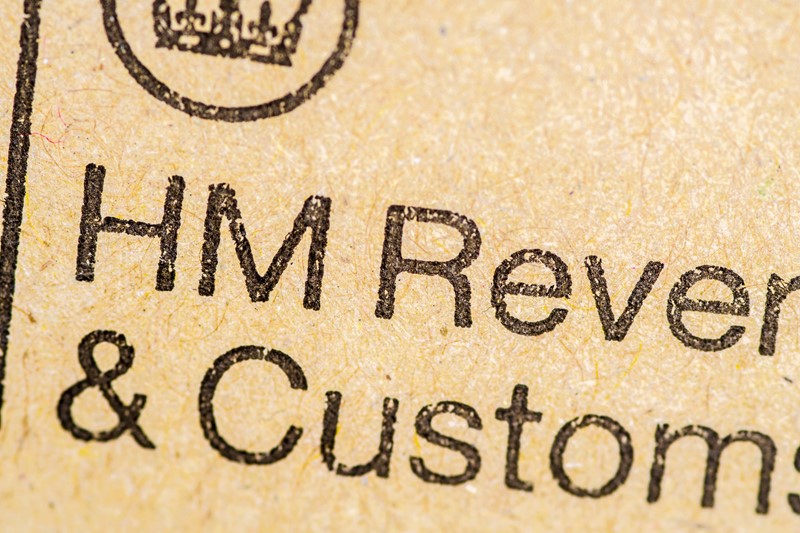
by Admin | Sep 29, 2022 | Payroll
One of the measures the Chancellor of the Exchequer, Kwasi Kwarteng referred to in the delivery of the Growth Plan 2022 (commonly referred to as the mini-Budget) concerned moves to simplify IR35 rules. This measure was one of the pre-election promises of the new Prime...

by Admin | Sep 8, 2022 | Payroll
A PAYE Settlement Agreement (PSA) allows employers to make one annual payment to cover all the tax and National Insurance due on small or irregular taxable expenses or benefits for employees. The expenses or benefits included in a PSA must be defined as one of the...

by Admin | Aug 24, 2022 | Payroll
The Employment Allowance reduces an employer's NIC liability. The current allowance is £5,000. An employer can claim less than the maximum if this covers or eliminates their total Class 1 NIC bill. The allowance is only available to employers that...

by Admin | Aug 11, 2022 | Payroll
The tax treatment of termination payments has changed significantly over recent years. The changes have aligned the rules for tax and secondary National Insurance contributions (employer (NICs)) by making an employer liable to pay NICs on termination payments they...

by Admin | May 26, 2022 | Payroll
The deadline for submitting the 2021-22 forms P11D, P11D(b) and P9D is 6 July 2022. The forms can be submitted using commercial software or via HMRC’s PAYE online service. Employees must also be provided with a copy of the information relating to them on these...

by Admin | May 12, 2022 | Payroll
There are a multitude of rules that new businesses must follow when they start employing staff for the first time. These include ensuring registering for PAYE as an employer with HMRC. This must be done before the first payday and this process must even be...








Recent Comments